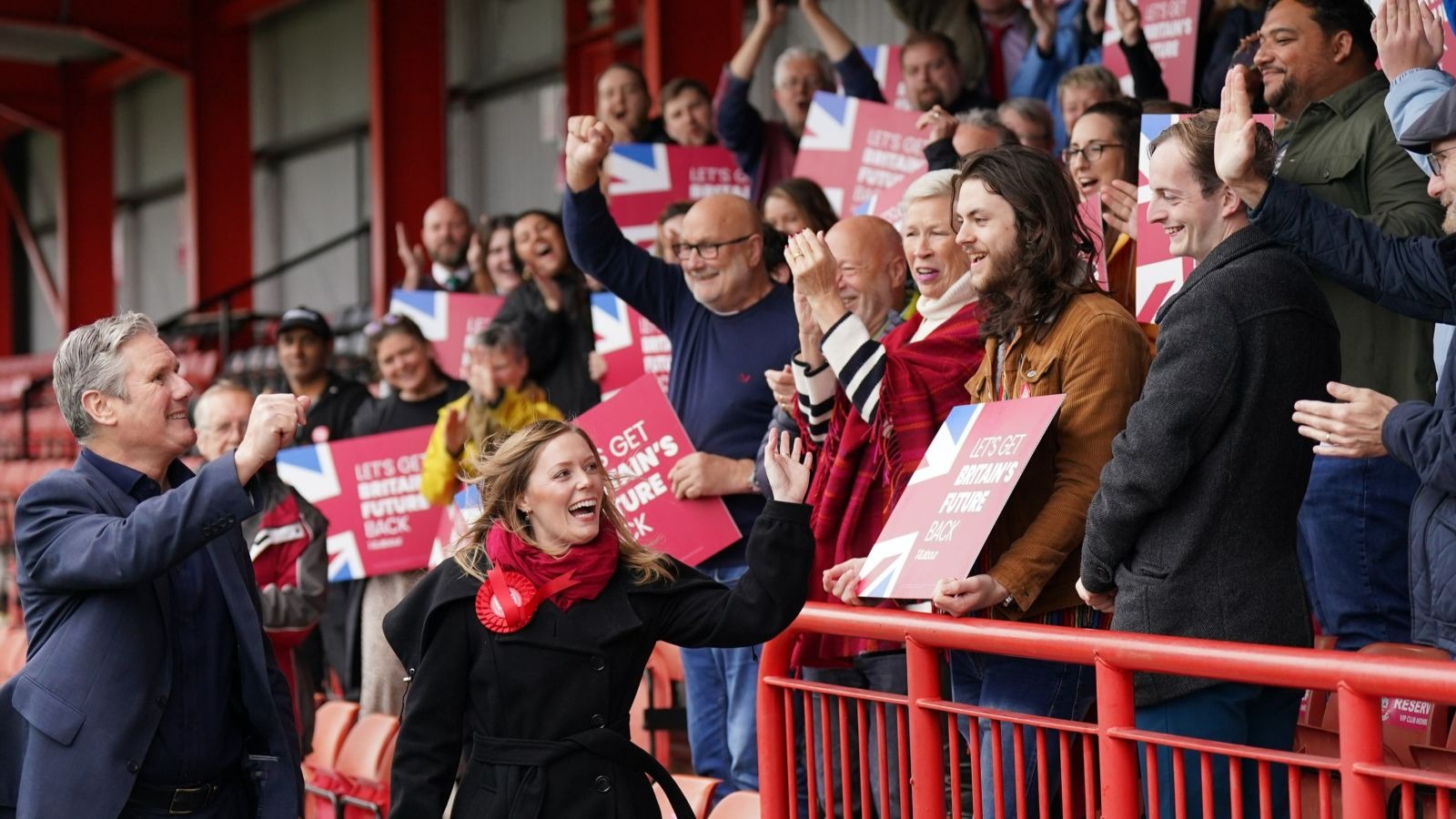Paul Johnson, the director of the Institute for Fiscal Studies, has criticized both the Conservative and Labour parties for not being transparent about future public spending plans after the election.
He stated that the recent Budget did not adequately address the UK’s challenges and suggested that significant cuts to public spending are likely after the election.
The proposed cuts are intended to ensure that the government meets its fiscal rule of reducing debt in five years. These cuts would affect unprotected departments, such as courts, prisons, and local councils, with a reduction of around £20 billion and a cut of £18 billion a year in real terms in public investment.
Tories and Labour Member (Credits: ITV)
Johnson highlighted that the freeze on fuel duty, assumed to be temporary, has not been lifted in the last 15 years. He expressed doubt about the feasibility of the government’s current spending plans, especially considering the scale of NHS waiting lists, local authorities facing bankruptcy, backlogs in the justice system, and other pressing issues.
He also expressed skepticism about Labour’s willingness to implement significant cuts to public spending if they were to win the election. Johnson criticized both parties for not openly discussing the tough choices and trade-offs that will be necessary in the future.
Regarding the Chancellor’s ambitions to abolish employees’ national insurance contributions and increase defense spending to 2.5% of GDP, Johnson called them “unlikely” without further details on funding. He suggested that actions, not just words, are needed to fulfill these pledges.
Rishi Sunak, the Chancellor, declined to explain how he would fund the abolition of national insurance, stating that people should “trust me on these things” and that tax cuts would only be implemented “responsibly.”
